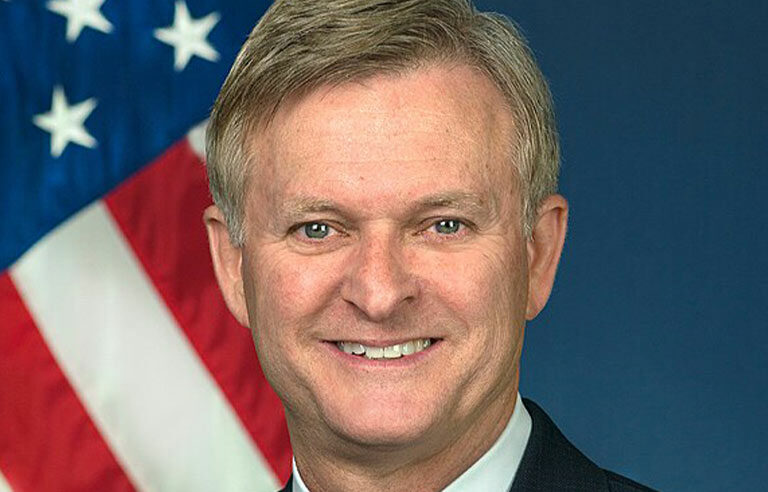
Washington — Deputy transportation secretary nominee Steven Bradbury faced scrutiny over his past with the Department of Transportation during a Feb. 20 confirmation hearing before the Senate Commerce, Science and Transportation Committee.
“How can we trust that you are the right person for this job when it sounds like you weren’t the right person in your previous job at the Department of Transportation?” Sen. Tammy Baldwin (D-WI) asked.
President Donald Trump nominated Bradbury for the position on Jan. 22. Bradbury served as general counsel at DOT during the first Trump administration and was acting deputy transportation secretary from September 2019 until Trump’s term ended in January 2021.
Bradbury also had an eight-day stint as acting transportation secretary as the term concluded. In his testimony, he wrote that he “kept a steady hand on the tiller to ensure the department was responsibly managed as we prepared for the transition to the new administration.”
Tapped to assist transportation secretary Sean Duffy, who earned Senate confirmation Jan. 28 with a 77-22 vote, Bradbury was met with opposition from some of the same committee Democrats who unanimously advanced Duffy’s nomination.
Sen. Maria Cantwell (D-WA), ranking member of the committee, raised concerns about Bradbury’s association with various rulemaking decisions during the previous Trump administration.
For example, in June 2019, the Federal Railroad Administration withdrew a 2016 notice of proposed rulemaking that would have established a minimum crew size of two members on most railroad operations. Additionally, Cantwell pointed out that the Federal Aviation Administration didn’t finalize a rule that would have required most commercial airlines to create safety management systems.
In response, Bradbury said: “I wouldn’t say I killed the SMS rule.”
Later, he addressed concerns over his approach to regulation at large.
“I never stopped regulatory efforts directed at safety in order to achieve cost savings or meet the president’s 2-for-1 requirement on rulemaking,” Bradbury said. “We never stopped safety critical rules for that reason.”


